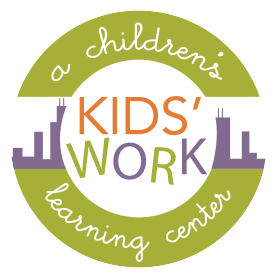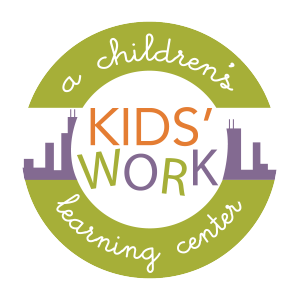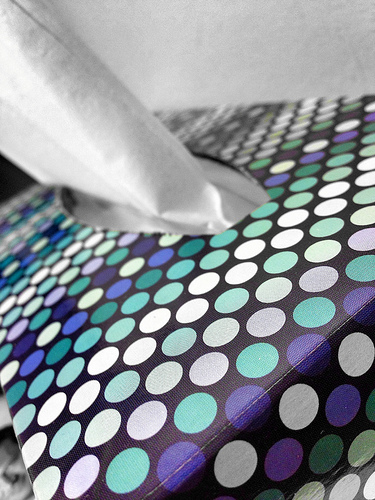With both the new year and cold season upon us, now is a great time to be thinking about staying healthy and keeping your kids from spreading germs to others at their school or daycare.
Here are a few tips to keep in mind about those winter season germs and preventing the spread of illness:
-
Keep kids HOME when they are showing signs of illness
This is probably the number one most important thing to prevent the spread of illness – keep it contained at the source. You are probably busy and still have to go to work, but please, call in a friend, family member, or babysitter to come to your home for the day if you can if your child is sick. Sending him to daycare anyway will put all the other kids and staff at risk of falling ill as well and keeping the cycle going.
Children should especially be kept home when they have:
- Diarrhea, or stools that contain blood or mucus
- Vomiting
- Fever
-
Wash your (and your childrens’) hands often and correctly
The CDC provides the following information at http://www.cdc.gov/handwashing/when-how-handwashing.html
How should you wash your hands?
- Wet your hands with clean, running water (warm or cold), turn off the tap, and apply soap.
- Lather your hands by rubbing them together with the soap. Be sure to lather the backs of your hands, between your fingers, and under your nails.
- Scrub your hands for at least 20 seconds. Need a timer? Hum the “Happy Birthday” song from beginning to end twice.
- Rinse your hands well under clean, running water.
- Dry your hands using a clean towel or air dry them.
According to the CDC, you should definitely be washing your hands thoroughly:
- Before, during, and after preparing food
- Before eating food
- Before and after caring for someone who is sick
- Before and after treating a cut or wound
- After using the toilet
- After changing diapers or cleaning up a child who has used the toilet
- After blowing your nose, coughing, or sneezing
- After touching an animal, animal feed, or animal waste
- After handling pet food or pet treats
- After touching garbage
And remember, while hand sanitizers that contain at least 60% alcohol are helpful in situations when you don’t have soap and water, they are not as effective as proper washing, and do not eliminate all types of germs. They are also less effective when hands are visibly dirty or greasy.
-
Make sure EVERYONE who enters the building follows those good handwashing practices
A good daycare will ensure that everyone (even infants) have their hands thoroughly and properly washed with soap and warm water when they arrive at daycare for the day. But it is also important that all adults, parents, older siblings and anyone else who comes to visit or pick up the children does the same thing to keep the daycare facility clean and germ-free as best as possible. Imagine all the germs you’re bringing into the baby room when you pass through those daycare doors after coming off from your commute on the El!
-
Cover your coughs and sneezes
When you sneeze or cough, instead of covering it with your hand, cover your nose and mouth with a tissue and then throw it away and wash your hands.
-
Hands off
Do not touch your eyes, nose, or mouth. This is how germs get spread.
-
Disinfect
While there is an illness in the home, clean and disinfect surfaces and objects regularly.
-
Careful with diapers
Be especially good with diaper hygiene when your kid is sick, especially if you have multiple kids. Dirty diapers especially need to be handled carefully, and to prevent the changing table from being a germ exchanging table, change the sick kid one place and the healthy one somewhere else, or use something like a towel or blanket to cover the table for each of them, and change it out in between.
-
No sharing at meals
If anyone is sick in your house or at daycare, make sure no one is sharing utensils, cups, dishes, food, or drinks. Have one healthy person dish up all the plates for everyone instead of passing it around the table like usual.


